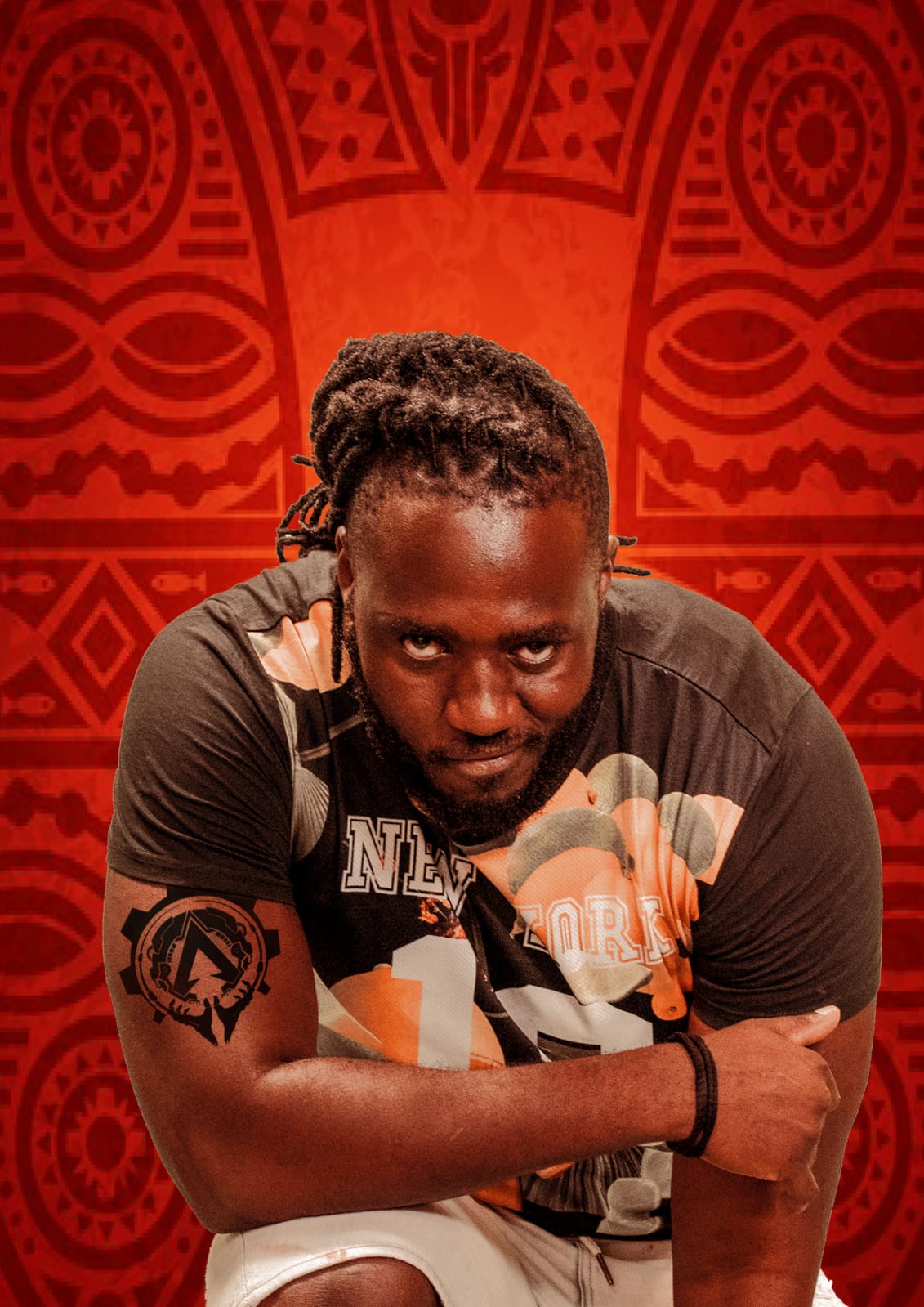A handful of pro-gamers is putting Kenya on the global esports map
Once a fringe sport, organized competitive gaming—known as esports—will this year hit revenues of over $1.1 billion with an audience of 474 million people. It’s even up for debate, whether esports will join the Olympics and if it even needs the Olympics given it has built its own legitimacy.


Once a fringe sport, organized competitive gaming—known as esports—will this year hit revenues of over $1.1 billion with an audience of 474 million people. It’s even up for debate, whether esports will join the Olympics and if it even needs the Olympics given it has built its own legitimacy.
Africa is a hub of opportunities for esports given the large population of young people who are the major consumers. In Kenya, digital gaming is moving to a higher level of recognition as the industry yields high revenues.
In 2019, Kenya was ranked the eighth most popular gaming hub in Africa with the local market projected to reach $118 million in 2022 up from $63 million in 2017, according to PwC. The industry is quickly shaking off the narrative that gaming is for kids and idlers.
High internet penetration, a youthful population, fast adoption of technology, and endorsements from deep-pocketed sponsors are among the key reasons for the rise of esports in Kenya. For example, in 2019, Kenya’s leading mobile network operator, Safaricom, in partnership with Pro Series Gaming (PSG) and Standard Group, ran an esports tournament “for youth aged between 18 and 26 who are looking at gaming as a career choice.” The event included at least 700 gamers and finals took place in five regions in Kenya.
Adam Mcloude Wekesa, an esports manager, says that the Kenyan esports community has attracted a huge number of gamers who join in all the way from Uganda and Tanzania in a bid to “get the Kenyan esport experience.”
“The level of esports awareness in Kenya has increased in folds and the results are measurable. Tournaments have increased and this is because more people are getting interested and becoming aware of the esport culture.”
How are players picking up esports in Kenya?
Two top esports stars in the country—Sylvia Gathoni, known as “Queen Arrow,” and Brian Diang’a popularly known as “Beast”—got into professional gaming after participating in a Mortal Kombat tournament in 2017 and 2015 respectively.
“In 2015, I found a mortal kombat tournament being advertised and I signed up. It was my first time in a tournament and I finished third. Despite the odds, I was happy with my placement and I decided I was going to engage in pro-gaming full time. That was my spark,” says Diang’a.

Gathoni states, “I began my esports journey back in 2017 when I participated in the Mortal Kombat XL tournament held at the East African Gaming Convention at Two Rivers Mall. I came in fourth and it sparked my love for professional gaming.”
To rise up the ranks, esports pro-gamers must demonstrate hard work and commitment given that their expertise is self-taught. Diang’a enhanced his skills by taking classes of his own and watching tournaments and tutorials on YouTube.
Benchmark interactions are also instrumental in helping pro-gamers in Kenya assess their gaming skills, which enables them to learn the dynamics of esports.
“I had a lot to learn from people out there who were playing games at a very different level compared to what I could play here. For instance, when I attended work-related duties in Egypt, I met seasoned veterans in gaming and they helped me a lot in growing pro gamer fundamentals,” Diang’a says.
Transitioning into professional gaming in Kenya requires up-coming esports gamers to practice with people who have mastered their games.
“This strategy challenges an individual to not only become competitive but also to identify loopholes in their gaming skill set,” Gathoni says.
The Kenyan esports fraternity boasts skilled and talented professional gamers who have excelled in competitive gaming tournaments on local, regional, and global platforms. Those who are excelling in esports as a career motivate younger Kenyan millennials and younger generations who also dream of having promising careers in esports as players, content creators, and casters among others.
Kenya is an enabling place for esports
Esports in Kenya presents numerous, valuable opportunities that can be potentially modeled into an enviable career. The esport community is growing impressively and more gamers are engaging in competitive tournaments. In 2018, Kenya launched the Esports Kenya Federation (ESKF), which is Kenya’s first esports league. It consists of 16 teams that compete for top prizes. ESKF seeks to increase Kenya’s visibility and participation in esports competitions.
The exposure that pro-gamers get after participating in tournaments, on the regional and global scale, play a critical role in enhancing the visibility of esports in the country.
“Esports players make efforts to bring back insight to the Kenyan esport community based on the experiences they had when playing against pro players from other countries,” Wekesa says. He adds that implementation of e-sport guidelines used in global tournaments brings the competitive e-sport feel to the Kenyan community.
Monetizing esports in Kenya
With endorsements and large companies venturing into esports, pro-gamers have been able to access opportunities that would otherwise have been unavailable. Diang’a’s participation in the Safaricom Blaze program, which offers mentorship to young people, is an indication of the prestige that established esports gamers enjoy.
Top esports gamers have also attracted the attention of renown brands and sports entities. Stories of top gamers have received global media attention. Diang’a has worked for brands like Pro Series Gaming, Red Bull, and Reev Gaming in Japan.
Gathoni, on the other hand has been signed to UYU, “which is one of the best esports teams in the fighting game community.”
“I have had a chance to steadily reach my goal of being one of the most recognized esports athletes on the African continent. I have traveled to international tournaments,” she adds.
For those who make it in the sector, there are also additional opportunities to make more money. Diang’a works as a tournament administrator and junior league operator while also participating in tournaments.
Jameel Syed, the Proprietor of Nerdhub, the first esports center in Kenya says that esports has the opportunity to offer youth different career options.
The future of esports in Kenya – opportunities and challenges
If Kenya was to fully realize the potential of esports, the gaming scene could be one of the top ones in the region. The fact that establishments such as Pro Series Gaming and Rampage Corps have flourished in this relatively new sector in Kenya is an indication that the country is a potential hub for lucrative esport investment.
“If we could educate the masses on the merits of gaming and esports in Kenya and its huge positive impact as seen in more developed countries, the gaming industry can generate billions,” Wekesa says.
Despite having a successful pro-gaming profile, pro-gamers still face a fair share of challenges in the sector. Gaming equipment is very expensive, electricity outages, and unreliable internet connection are a common problem. Wekesa says, “A lack of corporate sponsorship worsens the struggles of upcoming and potential pro-gamers.”
Moreover, female pro-gamers battle an additional share of challenges compared to their male counterparts. In spite of Gathoni’s rich experiences proving that she is a skilled and recognized pro-gamer, she experiences prejudice from society due to her position as a woman.
“There are days I have to deal with hurtful remarks because at times, someone out there feels that I haven’t achieved what I have because I work hard but because of my gender,” she says.
Despite all this, the fact that the sector has organically grown in the country with minimal support and the fact that the country now has a few globally recognized pro-gamers, is a vote of confidence in this sector and the Kenyan opportunity.
Sign up to the Quartz Africa Weekly Brief here for news and analysis on African business, tech, and innovation in your inbox.